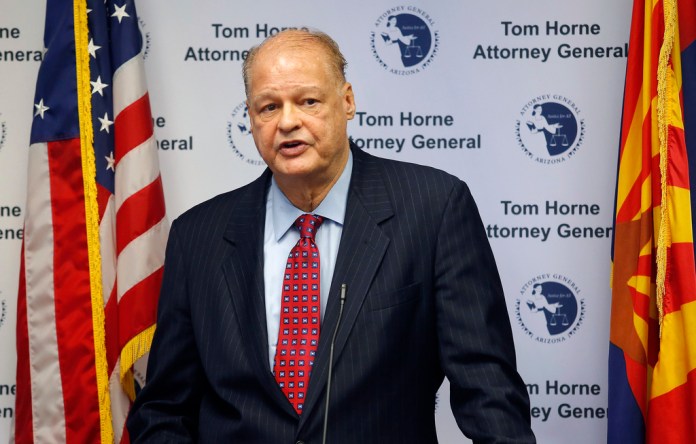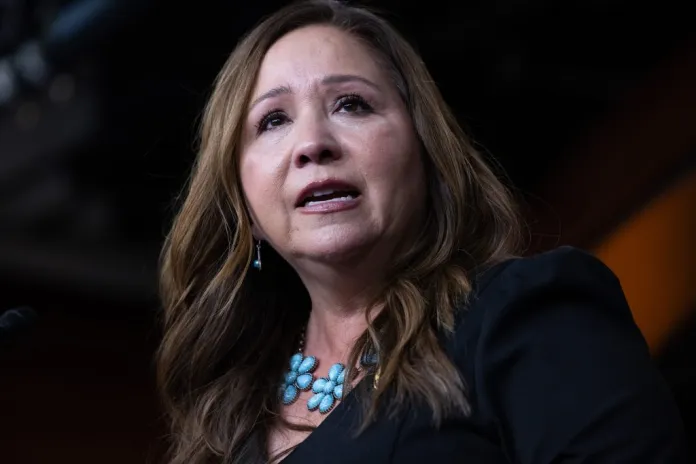Judge Upholds Block On Arizona’s Anti-Speech Election Rules
An Arizona judge recently upheld an injunction that prevents the enforcement of certain provisions in the state’s election guidance which were deemed to restrict free speech. Judge Jennifer Ryan-Touhill of the Maricopa County Superior Court rejected a request from Democrat Secretary of State Adrian Fontes to pause this ruling pending an appeal. The court found that the provisions governing conduct at polling places were excessive and violated the state constitution by restricting speech.
In her initial ruling, Ryan-Touhill highlighted that the election guidance misrepresented legal standards and improperly attempted to regulate both election officials and voters. The court deemed these rules unenforceable. Fontes expressed his intent to appeal the decision, arguing that the disputed provisions were intended as advisory support for poll workers. However, the judge disagreed, emphasizing that all citizens must adhere to the law, and the court’s role is to interpret the law and facts rather than clarify the advisory document.
The ruling is significant as it protects First Amendment rights in the context of elections. Fontes still has the chance to argue the constitutionality of the election procedure manual at a future trial, but this will not occur until after the November elections, meaning the current restrictions remain in effect for the time being.
An Arizona judge upheld an injunction on Wednesday prohibiting enforcement of provisions in the state’s election guidance that her court found “restricted free speech.”
Writing for the Maricopa County Superior Court of Arizona, Judge Jennifer Ryan-Touhill denied a request by Democrat Secretary of State Adrian Fontes to place a stay pending appeal on the court’s recent injunction barring election officials from implementing parts of the 2023 Election Procedures Manual (EPM). In Arizona, the EPM is crafted by the secretary of state and provides guidance to election officials relating to mail ballots, voter registration, and other election-related matters.
In her initial ruling, Ryan-Touhill determined the provisions governing Arizonans’ conduct at polling locations went “too far” by attempting to police the behavior of both election officials and the public. She ruled that they constitute “speech restrictions in violation of our Arizona Constitution,” and noted that the EPM “misstates or modifies [state] statutes, and fails to identify any distinction between guidance and legal mandates.”
The court deemed the aforementioned rules “unenforceable,” prompting Fontes’ office to pledge to appeal the decision. Fontes filed a motion on Aug. 14 asking the court to place a stay on its decision while litigation on the matter continued.
Rejecting the motion, Ryan-Touhill noted Wednesday that while the court “understands Defendants’ position that the disputed section is intended to be ‘guidance’ for election officials,” it “simply disagreed with Defendants’ position and found the disputed section was not guidance, but, instead, an overreach by the Secretary of State that restricted free speech.”
“To reiterate, while Defendants claim confusion exists over the Court’s Ruling because Defendants believe they have issued advisory assistance to poll workers, the Court finds this without merit and reminds Defendants all citizens must follow the law,” Ryan-Touhill wrote. “It is not this Court’s duty to parcel through the EPM to analyze every phrase that does or does not comply with hypotheticals propounded by Defendants. The Court is instead tasked with the duty of analyzing the law and facts provided; that is what this Court did.”
The Arizona judge further noted that the court was “not persuaded” by Fontes’ arguments that plaintiffs’ concerns about free speech violations “ring[] hollow.”
“The Court reiterates its prior finding: ‘[I]t is always in the public interest to prevent the violation of a party’s constitutional rights,” she added.
According to local media, Fontes “still retains the opportunity to argue, at a full-blown trial, that the [EPM’s speech] restrictions are both constitutional and necessary.” Such a scenario would reportedly not occur until after the November election, meaning the prohibition on the disputed guidance will remain in effect for those contests.
" Conservative News Daily does not always share or support the views and opinions expressed here; they are just those of the writer."




